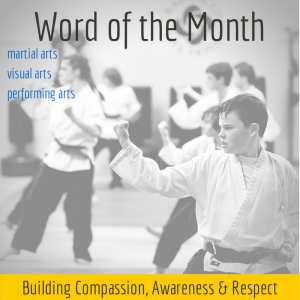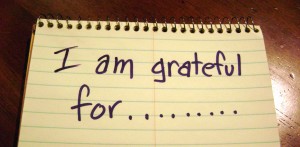 While there is no one single group in the world who are intent on robbing us of our feelings of fulfillment, happiness and satisfaction with life – there are many things that when allowed, can rob us of all the feelings of success that we could have. Gratitude is appreciating, recognizing and being thankful for what we have, those in our life, and the experiences we have in our life. How do we become more grateful and how is it possible to lose those feelings?
While there is no one single group in the world who are intent on robbing us of our feelings of fulfillment, happiness and satisfaction with life – there are many things that when allowed, can rob us of all the feelings of success that we could have. Gratitude is appreciating, recognizing and being thankful for what we have, those in our life, and the experiences we have in our life. How do we become more grateful and how is it possible to lose those feelings?
What can rob us of our gratitude, satisfaction and happiness?
- All those 40,000 plus commercials we view every year promoting ‘things’ that we see others going after that soon become ‘things’ that we feel like we need too.
- Waking up on the wrong side of the bed, our attitude. Allowing one thing in our day or in our yesterday to determine how we treat ourselves and others. Losing our appreciation and recognition of all the good that others have blessed us with – because one person upset us during the day
- Hanging out with those that can only see the negative side of any situation or conversation. The more we associate with negative people – the less we appreciate the our circumstances.
What will help us grow our gratitude?
- Recognizing that success is not just in our career and education. Success can and should be appreciated in our home life, in our hobbies and recreation as well as our giving to others.
- Taking a moment each day to record on paper what we have to be grateful for during our day.
- Spending some time to appreciate yourself for what you have, or what you have done or received during that day. Yes be gracious to yourself.
During this month lets all lead the way for our own sake and that of our children by expressing our gratitude. Your feelings of happiness and success will grow with each act of gratitude you perform.




 What are we thankful for? Out of everyone’s mouth come the ‘standard’ answers of health, family and friends. Sometimes we think even deeper and we will talk about those who have done something for us, we may talk about a teacher or mentor, or we may have an extraordinary experience that has fundamentally changed who we are. Have you had one of those experiences, where you see or have an experience that makes you think differently? Maybe you or someone you love came close to death, or your touched by a story you hear or see that calls you to a different action than your normal activity.
What are we thankful for? Out of everyone’s mouth come the ‘standard’ answers of health, family and friends. Sometimes we think even deeper and we will talk about those who have done something for us, we may talk about a teacher or mentor, or we may have an extraordinary experience that has fundamentally changed who we are. Have you had one of those experiences, where you see or have an experience that makes you think differently? Maybe you or someone you love came close to death, or your touched by a story you hear or see that calls you to a different action than your normal activity.